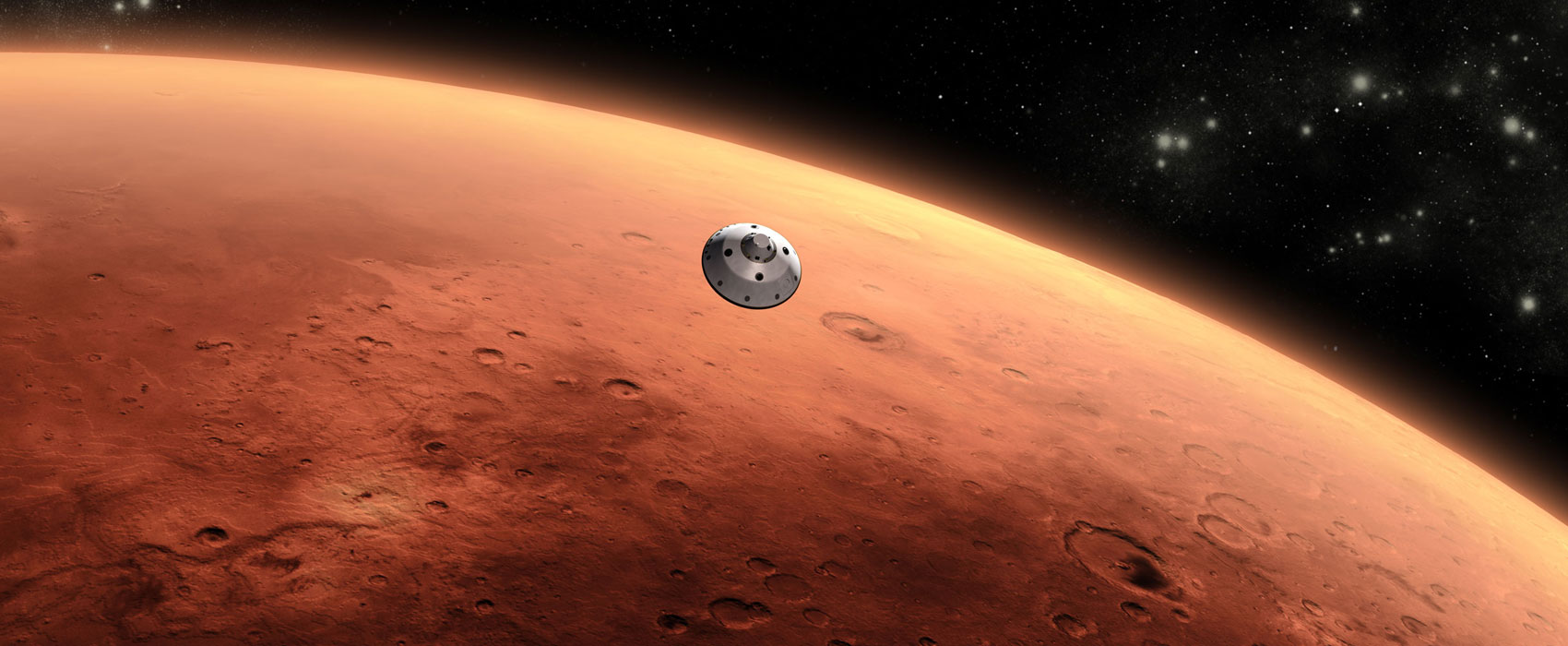PRAIRIE VIEW, Texas (December 18, 2019) – Research done by a senior research scientist at Prairie View A&M University could have an impact on future human space travel to Mars.
Dr. Megumi Hada recently received $738,654 from the National Aeronautics and Space Administration (NASA) to study the combined effects of simulated microgravity [or gravity in a spacecraft] and space radiation on human cells.
“While studies addressing this have been carried out for half a century in space and using simulations on the ground, reported results are ambiguous,” said Hada, who worked on the Human Research Program at NASA for more than eleven years before coming to PVAMU in 2016. “For the assessment and management of human health risks in future Moon and Mars Missions, it is necessary to obtain more basic data on the molecular and cellular responses to the combined effects of radiation and microgravity.”
According to Hada, space radiation exposure could cause an increased cancer or mortality risk in astronauts.
“Space radiation environment consists of several high-speed particles that can tear through DNA molecules and split them,” she said. “Damaged DNA can lead to irreversible consequences that can lead to cancer or other diseases. It may also result in effects on the cardiovascular system as well as cataracts. Moreover, acute and late radiation damage to the central nervous system may lead to a change in cognition or neurological disorders.”
In short, space travel is dangerous.
“Data collected by NASA and a Russian-European collaboration shows that astronauts on the International Space Station (ISS) are subjected to about the same amount in a day as someone would get from natural sources on Earth in a whole year,” said Hada. “Future missions to Mars predict much higher exposure and more risks to astronauts’ health. This study will allow us to help the development of the protection of astronauts in future missions.”
Hada has physicists, medical doctors, proteomics specialists, mathematicians, computational modelers, statisticians, and biologists involved in the project, as well as post-doctoral and master’s students from PVAMU, MD Anderson Cancer Center, and Gunma University-Japan.
“The research Dr. Hada and her team are conducting is critical,” said PVAMU Vice President of Research, Innovation, and Sponsored Programs, Magesh T. Rajan. “As we continue towards the exploration of Mars, their research may ensure that we mitigate the harmful and long-term effects of radiation on human cells.”
Hada said, “Long-duration space flight in deep space is becoming a closer reality. NASA plans to send humans to the moon by 2024 and Mars in the 2030s. Our study will provide the cell and molecular basis of assessment and management of human risk in space. These findings, in turn, will allow us to help develop the countermeasure for future space missions.”
Hada is a senior research scientist at the Radiation Institute for Science and Engineering (RaISE). RaISE is a state-of-the-art laboratory that was established through the Texas A&M University System’s Chancellor’s Research Initiative (CRI) to enhance the capabilities of radiation biology research at PVAMU.
###
By Marchita Shilo and Karen B. Cotton


